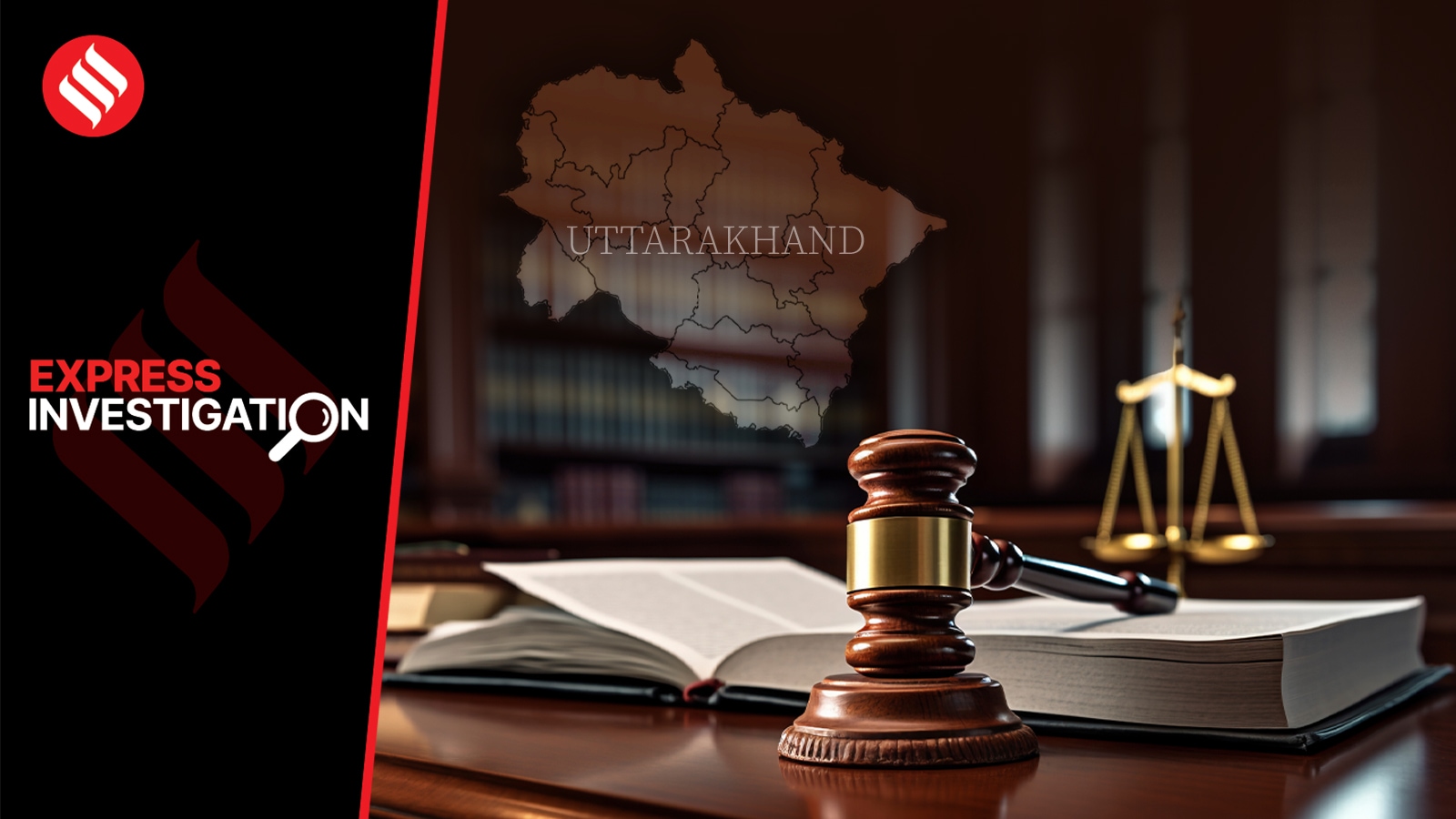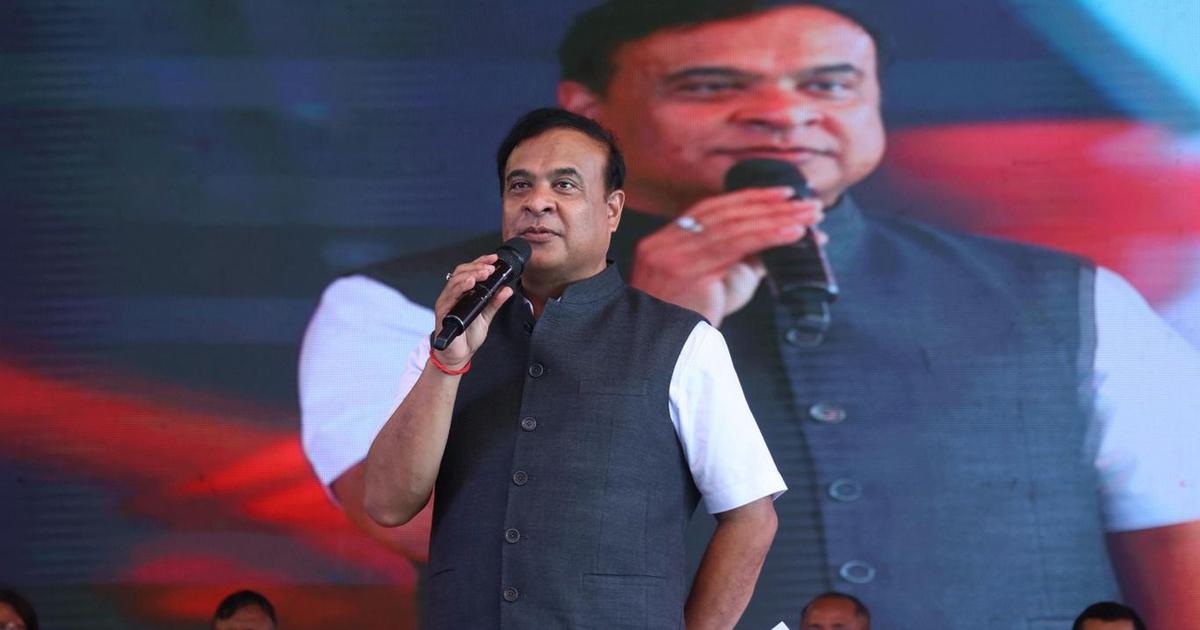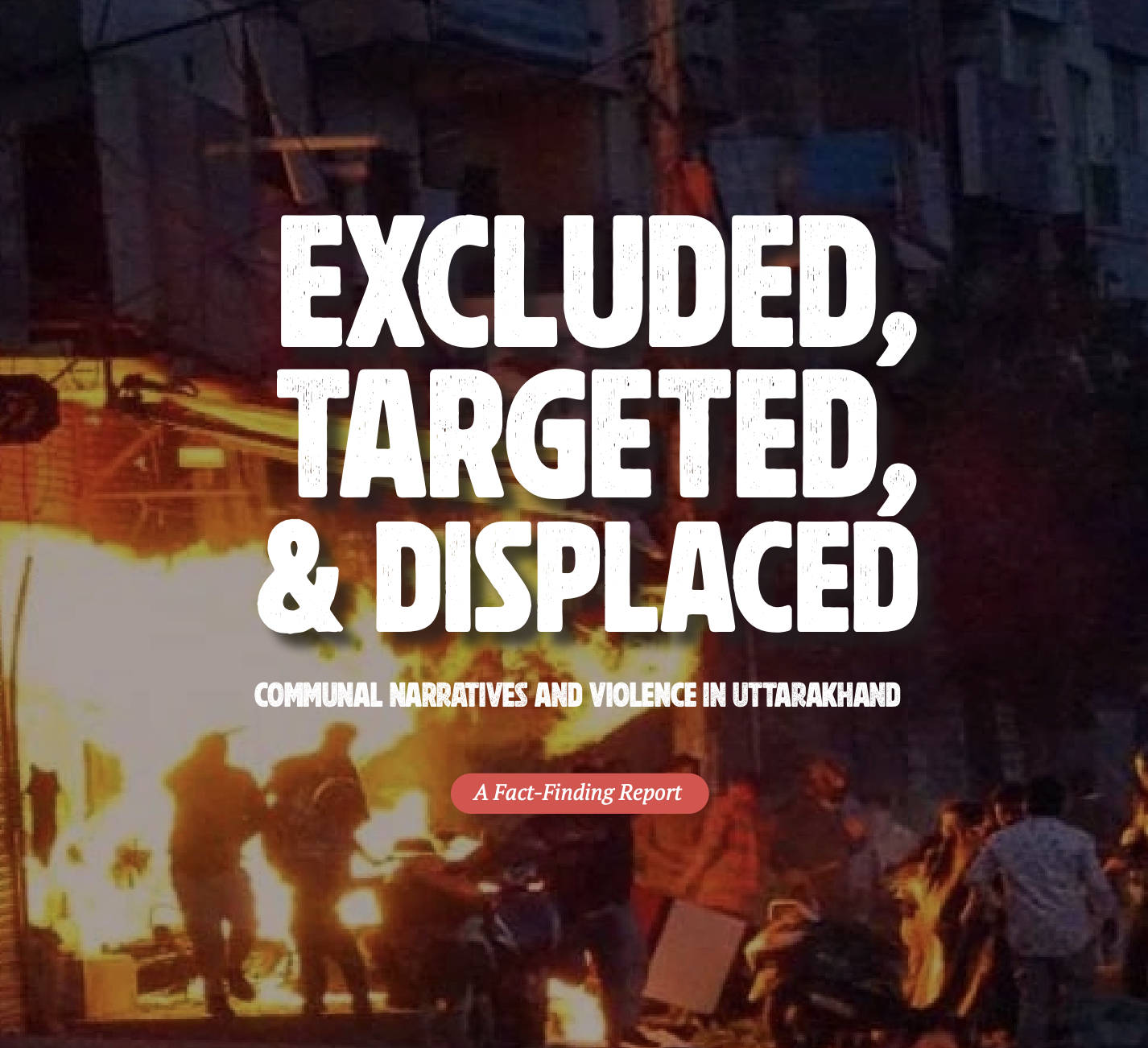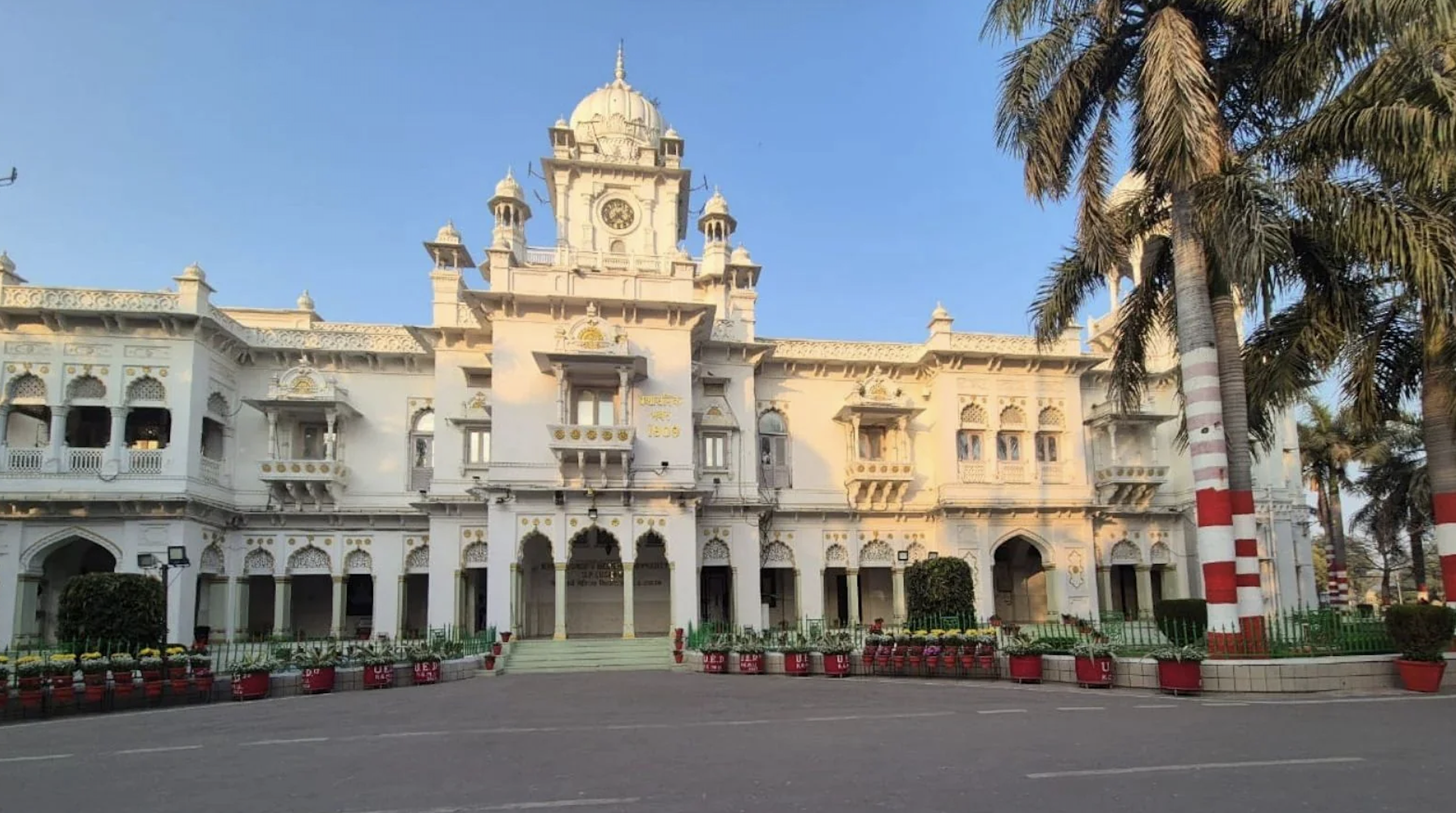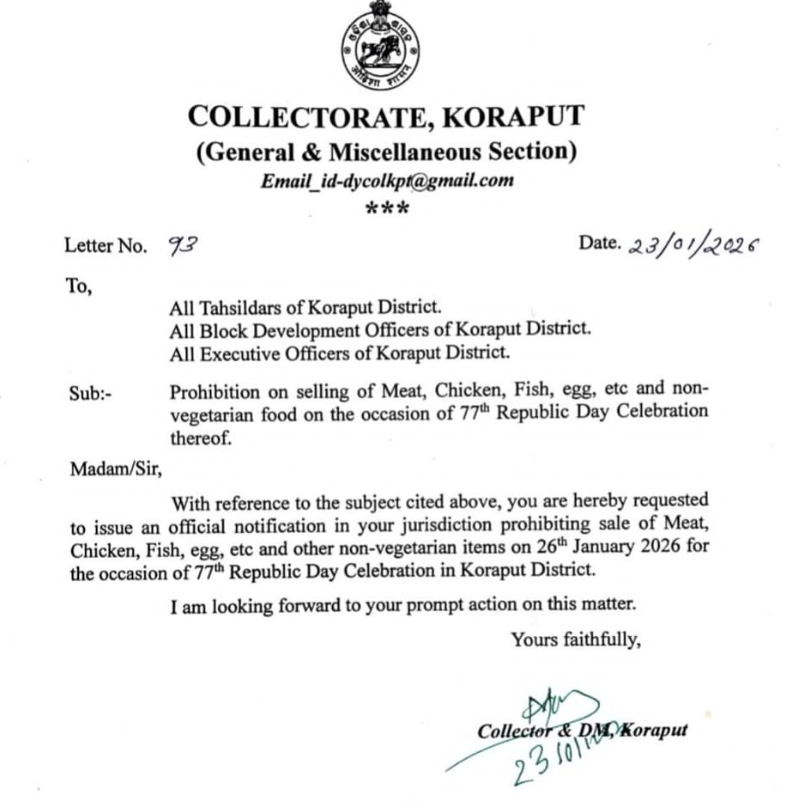
A female student and leading member of the BJP’s student wing, the Akhil Bharatiya Vidyarthi Parishad (ABVP), at Fakir Mohan Autonomous College in Balasore district, Odisha, ended her life in a horrifying act of protest—setting herself ablaze with a bottle of petrol and running through the college corridors, her dreams of becoming a teacher consumed in flames. Her Self-immolation was the tragic result of institutional inaction following her complaints of sexual and mental harassment by a teacher. Despite raising her concerns with college authorities and state institutions, every level of the system failed to protect her. On July 17, 2025, a spontaneous shutdown (Odisha Bandh) took place across the state in solidarity with the student and in protest against government apathy and institutional failure to ensure safe learning environments. All opposition parties, student organisations, civil society associations and common people took to the streets in protest. The state has not witnessed such a powerful protest in its recent history.
The Chief Minister of Odisha promised “exemplary” punishment and justice, but this is far from an isolated incident. In Berhampur, Ganjam district, another rape case surfaced involving a BJP leader as the alleged perpetrator. According to media reports, seven rape cases were reported in just seventeen days in June 2025 alone. In 2024, a total of 30,943 cases of violence against women were registered in Odisha. These alarming figures reveal that 2,834 of these cases were reported in the month of June 2024 alone. The state also recorded 6,878 cases of kidnapping or abduction of women and 7,584 cases of molestation over the course of the year 2024. This deeply troubling figures and patterns of violence against women reflect not only the BJP-led government’s failure to ensure the safety and justice of women in Odisha, but also the erosion of the state’s long-standing reputation as a peaceful and secure place to live and study.
From university and college campuses to workplaces and public spaces, the people of Odisha are witnessing a rise in various forms of violence against women. Rape, murder, sexual abuse, and social harassment of women raise serious questions about the safety of women in the state. These are not isolated incidents or mere aberrations, but rather the systemic outcome of a feudal, caste-based patriarchal society rooted in a Brahminical social order that marginalises women in everyday life. While this order glorifies women for their reproductive roles—as mothers, wives, and sisters, as well as for their work as homemakers and providers of domestic labour—it consistently denies them equality within the gendered hierarchy of Odia society. Such a social structure creates fertile ground for the rise of Hindutva politics, culminating in the establishment of the BJP-led government in Odisha under the leadership of Chief Minister Mohan Charan Majhi—an established tribal leader ideologically groomed and politically nurtured by the RSS.
The BJP-led Government of Odisha and its leadership’s anti-women stance can be traced back to the ideological roots of Hindutva, particularly the writings of V. D. Savarkar. In his book Six Glorious Epochs of Indian History, Savarkar frames glory and humiliation as central to political power, asserting rape as a political weapon. He cites the Ramayana and provocatively asks, “To abduct and rape the womenfolk of the enemy, do you call it irreligious?” (ibid, 1971:176). This ideological foundation provides a disturbing justification for the exoneration of rapists and murderers under the BJP-led Government of India. The Hindutva distinction between the rape of Muslim women as an act of glory and the rape of Hindu women as a symbol of centuries of humiliation in the Hindutva narrative is another insidious way of justifying sexual violence. Within this context, the inaction and incompetence of the BJP-led Government of Odisha align with Hindutva’s broader ideological stance on rape and violence against women—reinforcing a system that denies justice while normalising different forms of patriarchal violence.
Despite public dissent, the Government of Odisha and the Hindutva leadership have failed miserably to contain crime and violence against women in the state—appearing as silent spectators to these heinous acts as passing events. This not only reflects patriarchal apathy but also exposes Hindutva’s approach to gender injustice. Hindutva and its patriarchal ideology oppose rape and other forms of sexual violence not from a commitment to gender equality, but in the name of protecting women’s honour, sexual integrity, and purity. Such an approach fundamentally undermines women’s autonomy as equal citizens and dignity as human beings, while enabling various forms of violence against them. It sustains hegemony of male privilege under the guise of safeguarding family and community honour within a deeply patriarchal social, political, economic, cultural, and religious order.
This story was originally published in countercurrents.org. Read the full story here.


